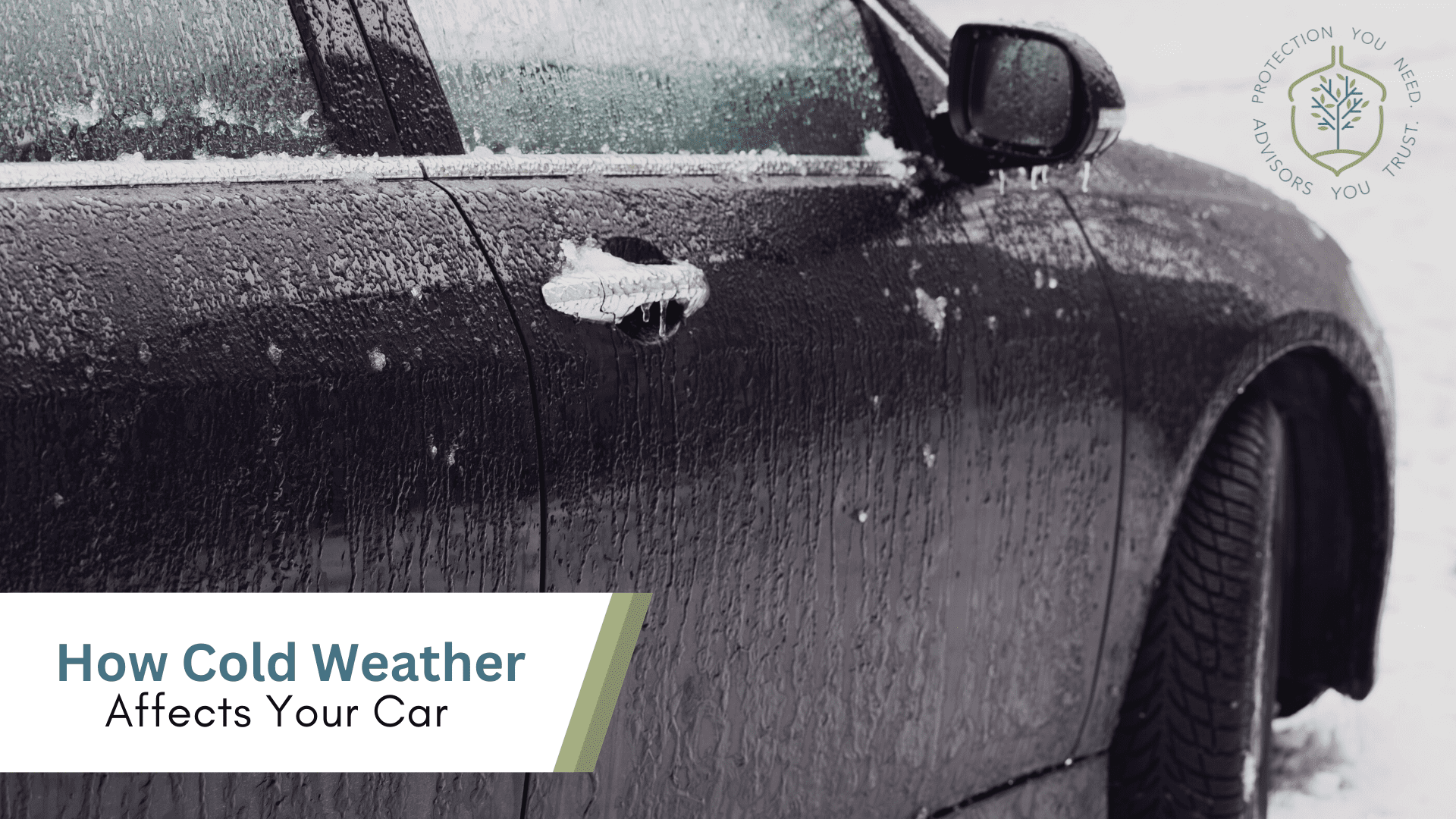Winter weather is a pleasant break from the hot, humid summers we have here in Louisiana, but when the thermometer drops too low, it can wreak havoc on your vehicle. Some of the common effects are described below, with winter car care tips to help prevent them.
Our Top 7 Tips to Prepare Your Car for the Winter
Tires
As a general rule, you can expect to lose about 2 psi (pounds per square inch) of tire pressure for every 10 degrees that the temperature drops. Low tire pressure makes driving more dangerous, reduces your fuel economy, and shortens the life of your tires. Check your tire pressure regularly during the winter to stay safe and efficient. Remember that the same goes for your spare! Also, check your treads before winter as well to make sure you have enough tread depth to give your tires the grip and control they need on roads that may be wet or icy.
Battery
Cold temperatures make the chemical reactions in your car’s battery slower. It also makes your battery seem lower than it is, which can make it more difficult to start your car on very cold days. The newer the battery, in general, the less it will be affected by the cold.
Windshield Wipers
If windshield wiper blades freeze to the windshield, they might peel apart or break when you try to remove them. To prevent this, some people stick their windshield wipers straight out of the vehicle while it’s parked overnight.
You’ll still need to de-ice your windshield before you turn on the wipers, however, otherwise, the ice will rip up the wiper blades or knock them loose. If you are in a hurry and can’t wait for the defroster to melt the ice on the windshield, you can pour warm water to melt it, then get the wipers going before the water refreezes!
Fuel Lines
When fuel lines get cold, it is possible that they could become clogged with ice. This can make it more difficult for the fuel to reach your engine. To prevent your engine from stalling or stopping while you are driving, make sure you keep your gas tank at least half full at all times during the winter.
Rubber Gaskets, Seals, and Hoses
Rubber shrinks in cold weather. While your car is parked during periods of low temperature, the seals and gaskets on your fluid lines, or the hoses themselves, may shrink. This can cause fluid leaks since the shrunken rubber prevents a proper seal. This is less of a problem for newer rubber since they have higher elasticity and are better able to return to their intended shape when your car starts and warms up again. If you do find a fluid leak in the winter or on a cold day, getting a new gasket or seal usually solves the problem.
Fluids and Oil
The fluids in your car thicken as the temperature drops, making them slower and reducing their performance. This goes for windshield wiper fluid, transmission fluid, antifreeze, and even oil. Getting an oil change with low-viscosity synthetic oil will help to mitigate any problems this might produce with your engine oil.
Fuel Economy
If at all possible, try to keep your car inside the garage during the winter to keep it warm. The longer you need to warm up your car to get up to its optimal temperature before you leave, the more gas it will burn, causing fuel inefficiency.
See also: Safety Tips for Driving at Night
Of course, driving in the winter poses many more risks and dangers than driving during warmer weather. Make sure you are covered in case of an accident by contacting TSL Insurance Group, your trusted car insurance agency in Louisiana. Give us a call at one of our four locations in Lafayette, Baton Rouge, Franklin, or Abbeville, LA, and let us help find the best car insurance that meets your needs.
Source:
https://www.3aautorepair.com/three-things-you-should-know-about-driving-in-cooler-weather


Recent Comments